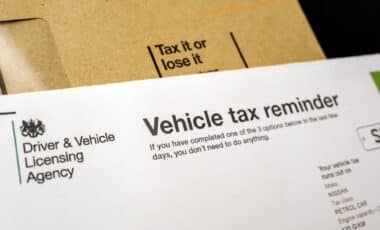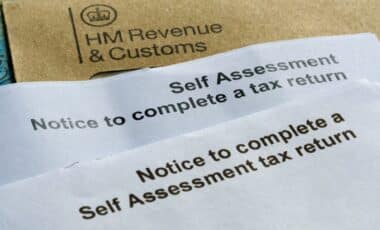Disabled households in England may qualify for a significant council tax reduction, potentially lowering their bill by an entire band. The government is currently reviewing how these discounts are defined and accessed, citing outdated terminology and inconsistent application processes.
Access to tax relief for households with disabled members has long existed under the Disabled Band Reduction Scheme. Yet growing scrutiny around its clarity and fairness is pushing central authorities to revisit how support is communicated and delivered across local councils.
Introduced to offset the added costs of living in a larger or adapted property due to disability, the scheme reduces the council tax liability of eligible households. The benefit can amount to a full band reduction—for example, from Band D to Band C—or a 17% discount for homes already in Band A.
Clear Eligibility Rules Tied to Home Adaptation
According to GOV.UK, eligibility for the Disabled Band Reduction Scheme hinges on the presence of at least one disabled person—adult or child—living in the property, though this individual does not need to be the one paying the council tax.
The discount applies only if the property is larger than it would otherwise need to be due to specific disability-related requirements.
The home must feature either an extra room—such as a bathroom, kitchen or other space—required for the disabled person, or contain internal adaptations to facilitate wheelchair use.
If these criteria are met, the household’s council tax bill may be reduced by a full band. For properties already assessed in Band A, which is the lowest category, a 17% reduction is granted instead.
This reduction remains consistent across local authorities in England, though the application process itself can vary, prompting concerns about uneven access to the benefit. The government’s consultation aims to simplify and standardise these procedures without reassessing those who already qualify.
Changes Considered for Mental Impairment Exemptions
Separate provisions exist for people who are classed as severely mentally impaired (SMI), which may entitle them to further council tax relief.
To qualify, a person must be certified as severely mentally impaired by a medical professional and meet benefit-related criteria. According to the official guidance, a full 100% discount applies if the SMI individual lives alone or only with other qualifying persons, such as students or others similarly impaired.
In cases where the SMI resident shares the property with one other adult who does not qualify for an exemption, a 25% reduction is typically granted. Where all other adults are disregarded for council tax purposes, a 50% discount may apply.
The government is currently consulting on renaming and redefining this exemption, acknowledging that the existing terminology may be “alienating” and a barrier to claims. The review seeks to improve access by making the criteria and application process more transparent while maintaining current support for eligible individuals.









